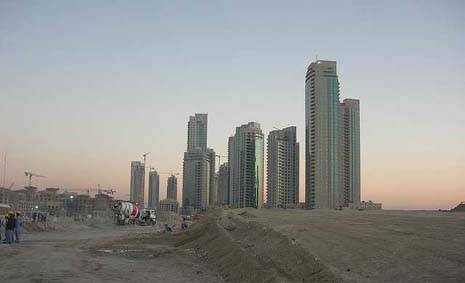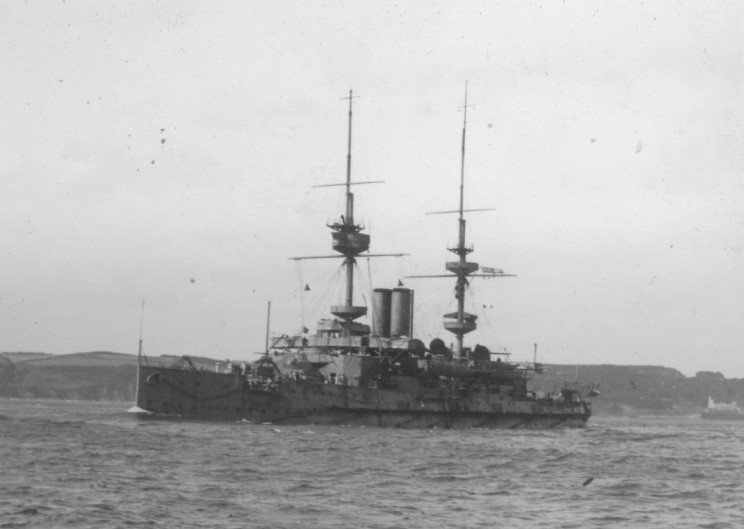Chapter Five: Ab Inito
Part 1: Acta, non Verba
Extract from The Hitchhiker's Guide to: Afghanistan
By Arthur Thornberry, Published 1959 by Hitchhiker Travel
..and when visiting the city of Maymana, one gets a unique perspective into an important part of Imperial History. The city still has many abandoned houses on the Northern outskirts of the Old Quarter which are covered in bullet holes, even the famous “Cannon-Wall” where a Russian cannon ball struck into one local building and stayed there, to this day. This is all highly fascinating and whilst there, I had the simply smashing opportunity to talk to the now famous Mohammed Bin Allahbad, who was nineteen at the time of the Russian Invasion. The attack came mere days after the official declaration of war on July 20th, showing that the Russian Government had been quite prepared to launch the attack. At this point, it is key to remember that France and Britain were not yet at war and that Mr Bin Allahbad is speaking only of his experience with Russian soldiers. The following is part of my interview with Mohammed, his English was quite excellent:
I met Mohammed in a glass walled Cafe, in the new quarter of the city, opposite a large construction site. He was well dressed, with a trim beard and a modern suit. He may have retired but Mr Bin Allahabd still looks the part of a Prime Minister.
A.T.: To begin, Mr Bin Allahbad, did you have any prior warning that your city was about to be attacked?
The Old man shakes his head slowly
M: No, we had heard a few mutterings from the one or two British diplomats or soldiers that drifted through but nothing in truth. Some talk about a scuffle in Africa means nothing to an Afghani peasant boy.
A.T.: So, Mr Bin Allahbad, what do you remember most strongly about the attack?
M: It was the sound, more than anything else. For a long time there were many cannons firing many times. Their wasn't meant to be a garrison here but we were lucky; the Iron Emir had been training many soldiers since the last war, they were able to defend us.
A.T.: So it was Afghani troops that were fired upon, not British ones?
Mohammed nods slowly.
M: Yes, the Russians seemed to think that they could take the city with ease.
A.T.: Did they?
The old man lets out a dry cackle
M: Not a chance, it took them nine days to take the city, though by that point both sides had sent messages to their own governments. Little did we know that from both east and west, European forces were marching into Afghanistan.
A.T.: But the British forces were invited in by the Emir, correct?
The old man pauses for a second but nods slowly.
M: Yes, but that doesn't mean they were here to help us.
For a second, noone talks.
A.T.: But they were better than the Russians?
The Afghani barks a short laugh
M: A Djinn would have been better than the Russians. As far as they knew, we were British and the British had just killed their King, insulted their allies and resisted their assault for nine whole days. They were frothing at the mouth.
A.T.: Can you tell me about the Russian occupation?
M: I didn't see much, my brothers and I left after a week or two to join the army. But I did see what they did to my sister, what do you British call the first attack?
A.T.: ...the Rape of Afghanistan
M: It is a fitting name. They tore the city to the ground and the people too.
A.T.: So the city is different now?
Mohammed laughs and points out of the window.
M: I did not see clear glass until the same year I saw a computer. Afghanistan was medieval then and smaller. We have not always been so rich, Mr Thornberry. And anyway, last time I visited London was in 1948, I imagine it looks quite different by now.
He pauses and I think I see a tear in his eye.
M: It is a more prosperous city now but it will never be as beautiful as it was.
A.T.: I'm sorry for what happened, I think we both understand that it was Brit-
M: Britain who pulled Afghanistan into the war, yes I know this. But I do not blame the British for what happened to my sister, or to my mother, or my brothers. We both know who's to blame for that.
A.T.: Quite.
Again, neither of us spoke for a while.
A.T.: Well, lets not get too caught up on that, did you now anyone who fought in the war?
M: Everyone I knew fought in the war, my father and brothers of course, my friends, my cousins everyone. Most all of them fought in the Battle.
A.T.: The Battle of Panjao?
He nods slowly and smiles.

The City of Maymana, Circa 2011
Part 1: Acta, non Verba
Extract from The Hitchhiker's Guide to: Afghanistan
By Arthur Thornberry, Published 1959 by Hitchhiker Travel
..and when visiting the city of Maymana, one gets a unique perspective into an important part of Imperial History. The city still has many abandoned houses on the Northern outskirts of the Old Quarter which are covered in bullet holes, even the famous “Cannon-Wall” where a Russian cannon ball struck into one local building and stayed there, to this day. This is all highly fascinating and whilst there, I had the simply smashing opportunity to talk to the now famous Mohammed Bin Allahbad, who was nineteen at the time of the Russian Invasion. The attack came mere days after the official declaration of war on July 20th, showing that the Russian Government had been quite prepared to launch the attack. At this point, it is key to remember that France and Britain were not yet at war and that Mr Bin Allahbad is speaking only of his experience with Russian soldiers. The following is part of my interview with Mohammed, his English was quite excellent:
I met Mohammed in a glass walled Cafe, in the new quarter of the city, opposite a large construction site. He was well dressed, with a trim beard and a modern suit. He may have retired but Mr Bin Allahabd still looks the part of a Prime Minister.
A.T.: To begin, Mr Bin Allahbad, did you have any prior warning that your city was about to be attacked?
The Old man shakes his head slowly
M: No, we had heard a few mutterings from the one or two British diplomats or soldiers that drifted through but nothing in truth. Some talk about a scuffle in Africa means nothing to an Afghani peasant boy.
A.T.: So, Mr Bin Allahbad, what do you remember most strongly about the attack?
M: It was the sound, more than anything else. For a long time there were many cannons firing many times. Their wasn't meant to be a garrison here but we were lucky; the Iron Emir had been training many soldiers since the last war, they were able to defend us.
A.T.: So it was Afghani troops that were fired upon, not British ones?
Mohammed nods slowly.
M: Yes, the Russians seemed to think that they could take the city with ease.
A.T.: Did they?
The old man lets out a dry cackle
M: Not a chance, it took them nine days to take the city, though by that point both sides had sent messages to their own governments. Little did we know that from both east and west, European forces were marching into Afghanistan.
A.T.: But the British forces were invited in by the Emir, correct?
The old man pauses for a second but nods slowly.
M: Yes, but that doesn't mean they were here to help us.
For a second, noone talks.
A.T.: But they were better than the Russians?
The Afghani barks a short laugh
M: A Djinn would have been better than the Russians. As far as they knew, we were British and the British had just killed their King, insulted their allies and resisted their assault for nine whole days. They were frothing at the mouth.
A.T.: Can you tell me about the Russian occupation?
M: I didn't see much, my brothers and I left after a week or two to join the army. But I did see what they did to my sister, what do you British call the first attack?
A.T.: ...the Rape of Afghanistan
M: It is a fitting name. They tore the city to the ground and the people too.
A.T.: So the city is different now?
Mohammed laughs and points out of the window.
M: I did not see clear glass until the same year I saw a computer. Afghanistan was medieval then and smaller. We have not always been so rich, Mr Thornberry. And anyway, last time I visited London was in 1948, I imagine it looks quite different by now.
He pauses and I think I see a tear in his eye.
M: It is a more prosperous city now but it will never be as beautiful as it was.
A.T.: I'm sorry for what happened, I think we both understand that it was Brit-
M: Britain who pulled Afghanistan into the war, yes I know this. But I do not blame the British for what happened to my sister, or to my mother, or my brothers. We both know who's to blame for that.
A.T.: Quite.
Again, neither of us spoke for a while.
A.T.: Well, lets not get too caught up on that, did you now anyone who fought in the war?
M: Everyone I knew fought in the war, my father and brothers of course, my friends, my cousins everyone. Most all of them fought in the Battle.
A.T.: The Battle of Panjao?
He nods slowly and smiles.

The City of Maymana, Circa 2011






